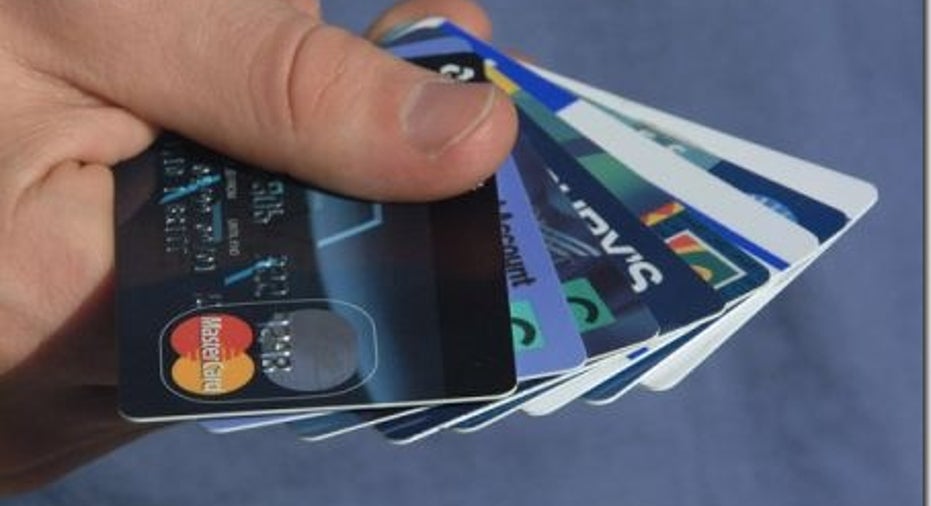Joint Credit Cards Don't Dissolve With Divorce

Dear To Her Credit,
How can I remove my husband from my Bank of America Visa credit card that we have jointly? The bank says to close it and re-apply. We have been married 17 years. We are getting divorced.
This was my card, and I added him to it years ago. I don't want to start over because I need the credit and credit rating. It also has a lot of mileage rewards on it. Besides, I don't make much money now, so I may not even qualify. Both my husband and I have very good credit scores with no outstanding debts.
- Teresa
Dear Teresa,
The bank has the last word on this one, I'm afraid.
If your soon-to-be ex were only an authorized user on this card, it would be easy to drop him. As a joint account holder, however, the bank is counting on both of you to pay off any debts on this card. Despite the fact that it was your card originally, they have been extending credit with two people responsible for paying it and can choose not to let one of them off the hook.
Divorce court can't help much, either. Divorce settlements commonly specify which spouse gets a credit card and the accompanying debt. But the bank is not party to the divorce, and the divorce court cannot change terms of the credit card contract. Between divorce law, contract law and a couple of ex-spouses still stinging from a recent divorce, you can see how leftover joint accounts can turn into nothing but trouble. Closing the account down and starting over starts to sound like a good idea!
You shouldn't have to lose your mileage points, however. One option, of course, is to use them before you close the account. That's what you've been saving them for, right? If you can't do that, you may be able to transfer them to your new account or gift them to family or friends. You can even donate your miles to charity, either directly to organizations like the Red Cross, or through MileDonor.com, an online connection point between charities that need mileage points and donors. Be sure to transfer or donate your miles before you close your account.
If the account has a balance, try to get it paid off with assets from the divorce. The credit card company can and will try to collect from both of you, regardless of who ran up the bill or who the divorce court said should pay it. This is true even if the account is "closed," but still has a balance.
With your good credit, you should be able to get a credit card on your own even with a reduced income level. The amount you can borrow will probably be much less than your previous limit, but that can work to your advantage. Credit cards are great payment tools. They make lousy long-term loans. A card with a low limit gives you all the advantages of plastic without the temptation to let the balance build up -- as almost everyone who has had a credit card has experienced at one time or another.
You won't lose your credit history from this card by closing it. Just as you cannot erase bad credit by closing an account, you don't lose your history of being a good customer, either. You may have less available credit, which can adversely affect your credit score, but if you keep your debt balances close to zero, this shouldn't be a huge issue.
Another thing to remember about your credit score is that it only matters when you use it; for example, when you apply for a loan or credit card, try to get into an apartment or sometimes when you apply for a job. It's not affected by your income level, and it's not a judgment of you as a person. Take your time building it up as a single person. The best way to improve a credit score is slowly and steadily over the years. Good luck, and take care of your credit!



















